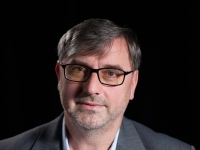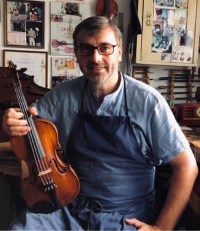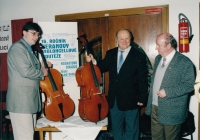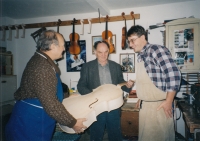I’m not old yet, but I remember a lot
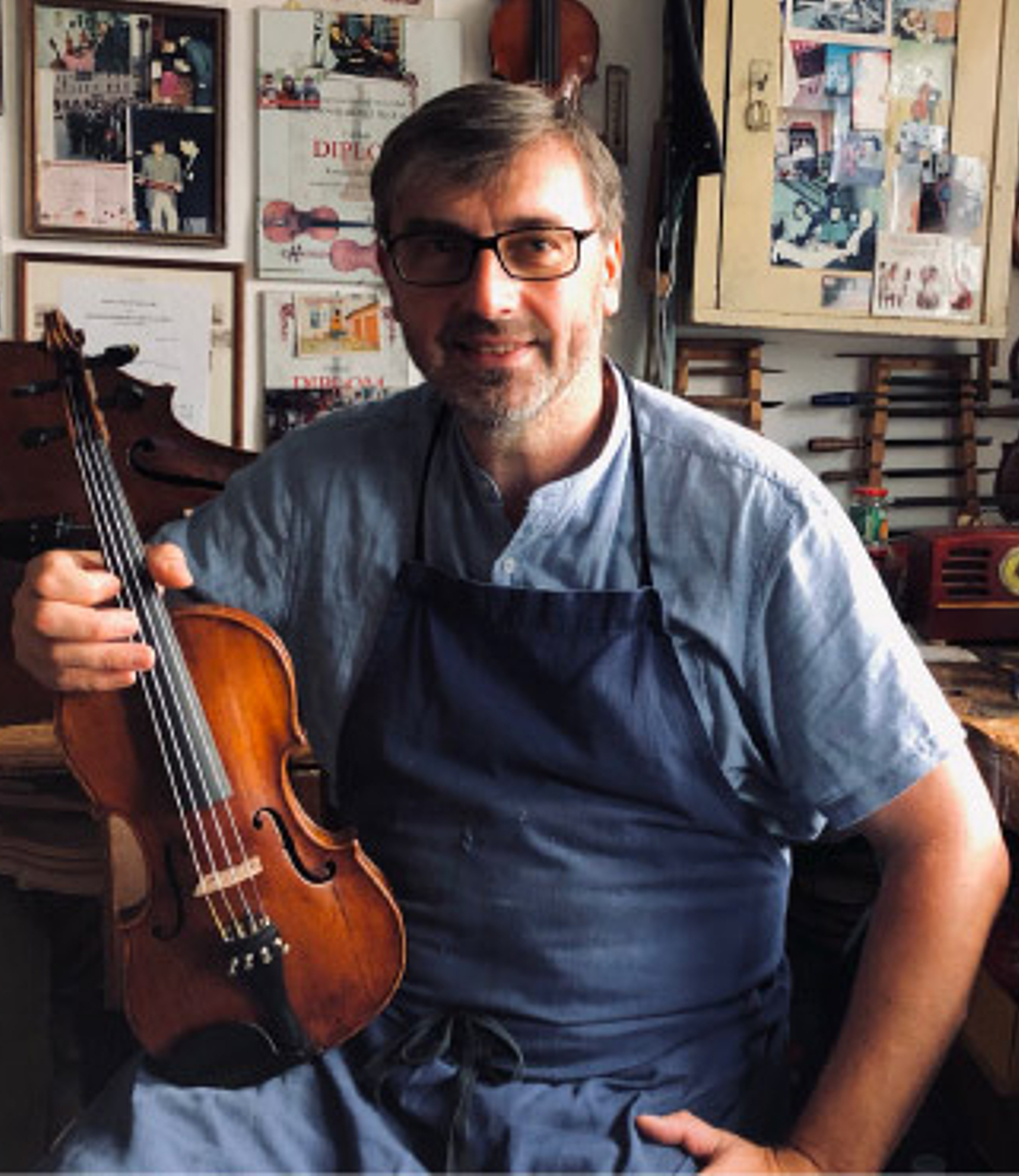
Download image
Tomáš Skála was born on 23 August 1970 in Mladá Boleslav. He spent his childhood in Štětí, North Bohemia. His father, Adolf Skála (born 1939), came from the small village of Podhora in the Liberec region. He worked as a surveyor, surveying buildings, roads and parks. Mother Anita Skálová (born 1945) was a seamstress and worked all her life as a forewoman in the local clothing factory Severka. Petr Skála (born 1973), the younger brother of the witness, works in the Škoda Auto car factory. He originally trained as a car mechanic in Děčín. After the military service in Cheb, where he experienced the Velvet Revolution as a member of the Border Guard, he settled in the Aš region. He married into the violin-making family of Emil Lupač. His father-in-law offered to initiate him into the secrets of master violin making. Tomáš Skála agreed. He graduated from the violin-making school and began working with Emil Lupač in the family workshop. In 2024, the family tradition was continued by his son Tomáš Skála Jr. In 2024 Tomáš Skála lived in Luby.
